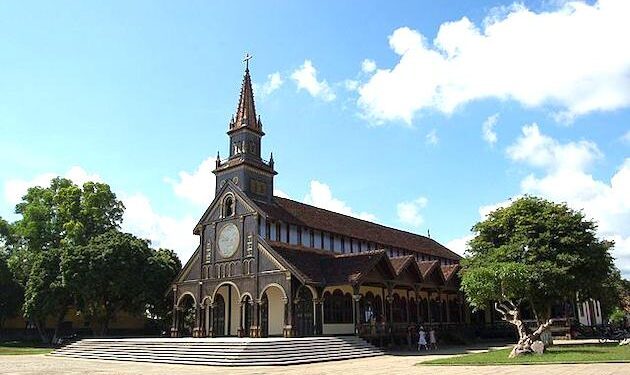THE CHURCH’S PIVOTAL ROLE IN NATIONAL DEVELOPMENT: A CALL TO ACTION
DIPLOMATICINFO.COM EDITORIAL
As nations strive for progress and development, the importance of collaborative efforts between governments, civil society, and faith-based organizations cannot be overstated. The church, in particular, has a vital role to play in national development, extending beyond spiritual guidance to encompass social, economic, and moral transformation.
Moral Compass
The church serves as a moral compass, shaping values and principles that underpin a nation’s fabric. By promoting integrity, justice, and compassion, the church helps foster a culture of accountability and transparency, essential for good governance.
Social Impact
Through various outreach programs, the church addresses pressing social issues such as poverty, education, healthcare, and family welfare. By providing critical services and support, the church complements government efforts, ensuring vulnerable populations receive essential care.
Economic Empowerment
The church’s economic influence extends beyond charitable giving. By promoting entrepreneurship, financial literacy, and vocational training, the church empowers individuals and communities, contributing to national economic growth.
Peacebuilding and Conflict Resolution
In times of crisis, the church often serves as a mediator, promoting dialogue and reconciliation. By fostering interfaith understanding and cooperation, the church helps build bridges, ensuring peaceful coexistence.
Challenges and Opportunities
Despite its potential, the church faces challenges, including:
1. Limited resources
2. Perceptions of partisanship
3. Inadequate engagement with policymakers
To overcome these challenges, the church must:
1. Foster strategic partnerships with governments and civil society
2. Develop context-specific programs addressing national priorities
3. Encourage informed, active citizenship among congregants
Call to Action
As we recognize the church’s pivotal role in national development, we urge:
1. Church leaders to prioritize social, economic, and moral transformation
2. Governments to collaborate with faith-based organizations
3. Civil society to acknowledge the church’s contributions
By harnessing the church’s potential, nations can tap into a rich resource for sustainable development, moral guidance, and social cohesion.
Conclusion
The church’s place in national development is unmistakable. As a force for good, the church must continue to adapt, innovate, and collaborate to address the complexities of modern society. Together, we can build stronger, more just nations.
Recommendations:
– Establish national church-state dialogue forums
– Develop church-based economic empowerment programs
– Promote interfaith cooperation and peacebuilding initiatives
ABOUT DIPLOMATICINFO.COM
DIPLOMATICINFO.COM is a leading online platform providing news, analysis, and insights on diplomacy, international relations, and sustainable development. Our mission is to promote informed dialogue and collaboration among stakeholders, fostering a better understanding of global issues and their impact on Nigeria.






